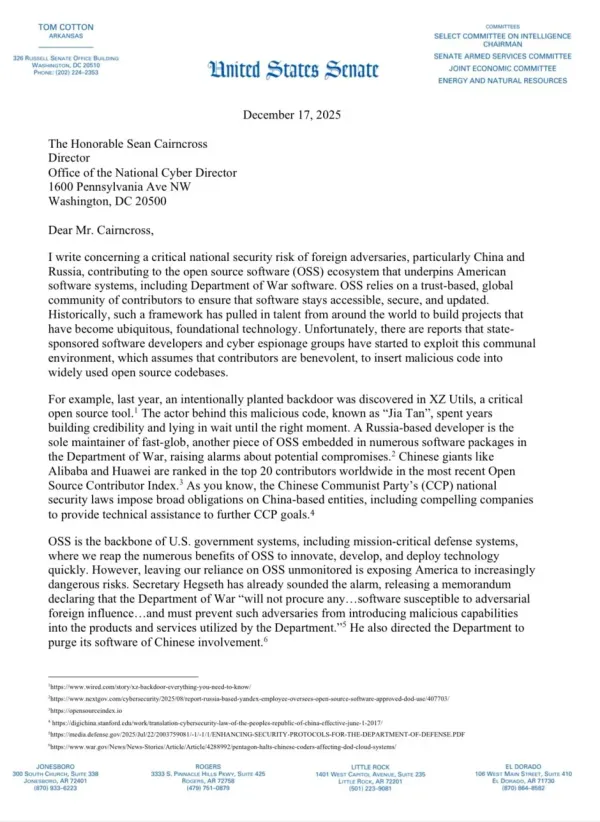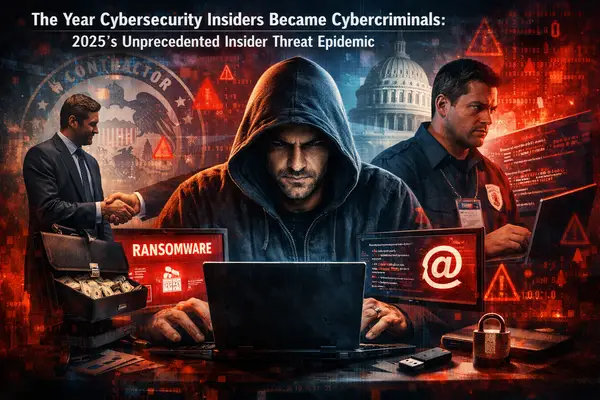The Future of Ransom Payments: To Pay or Not to Pay?

Introduction
The rise of ransomware attacks has led to a pressing question: should victims pay the ransom to regain access to their data? This dilemma has sparked a debate that extends beyond just the financial aspect, touching on ethical and practical considerations. This article aims to delve into the complexities surrounding ransom payments in the cyber world, offering insights into this controversial topic.
The Dilemma of Paying Ransom
When hit by a ransomware attack, organizations face a difficult choice. Paying the ransom may seem like the quickest way to regain control of encrypted data and systems. However, this approach has its drawbacks.
Ethical Considerations
- Funding Criminal Activities: Paying a ransom directly contributes to the financial gains of cybercriminals, potentially funding further illegal activities.
- Setting a Precedent: Paying ransoms sets a precedent that may encourage future attacks.
Practical Considerations
- No Guarantee: There's no assurance that the attackers will decrypt the data after receiving the payment.
- Reputation Damage: Public knowledge of a ransom payment can harm an organization's reputation.
The Case Against Paying
Legal Implications
In some jurisdictions, paying ransoms to certain groups could be considered a violation of laws against funding terrorism.
Encouraging a Vicious Cycle
Paying ransoms perpetuates the ransomware business model, making it more lucrative and attractive for cybercriminals.
Better Alternatives
Investing in robust cybersecurity measures and employee training can be more effective in the long run than paying a ransom.
The Case for Paying
Immediate Resolution
For businesses that can't afford prolonged downtime, paying the ransom may seem like the only viable option for immediate recovery.
Cost-Benefit Analysis
Sometimes, the cost of paying the ransom may be less than the financial impact of data loss or system downtime.
The Middle Ground: Cyber Insurance
Cyber insurance policies sometimes cover ransom payments, offering a middle ground for organizations. However, this is a contentious issue, as it could encourage the payment of ransoms and further fuel the ransomware economy.
Future Trends: The Role of Government and Regulation
Governments are increasingly getting involved in this issue. Some are considering legislation that would make it illegal to pay ransoms, while others are focusing on strengthening cybersecurity infrastructure to make attacks less likely in the first place.
Conclusion
The question of whether to pay a ransom in the event of a cyber attack is complex and fraught with ethical and practical dilemmas. While there's no one-size-fits-all answer, organizations must weigh the pros and cons carefully, considering both immediate needs and long-term implications. As ransomware attacks continue to evolve, so too will the debate on whether or not to pay ransoms.
Key Takeaways
- The decision to pay a ransom involves both ethical and practical considerations.
- Paying ransoms can have legal implications and may encourage further attacks.
- Cyber insurance offers a middle ground but is itself a subject of debate.
- Government intervention and regulation are likely to play a significant role in the future.





